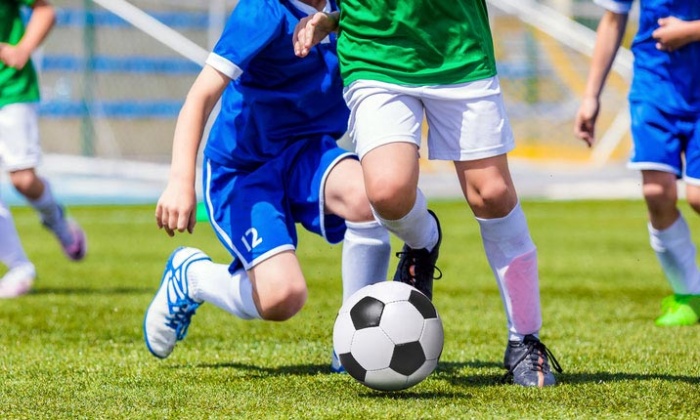You feel grass tickling your neck and arms. You open your eyes, but the people standing around you all of sudden seem about 10 feet tall as they lean over you. Something is not right, and you realize you are laying on the ground on your back. You have been hit.

Thinking back to the progression of your day, you got up and went to school in the morning, then got to PE class, where you all played soccer. Your head met your friend’s knee with an excessive force that sent you straight to the ground. Now you are being told the words “you got a concussion”… but what now?
First 24 hours
Your symptoms may appear immediately, but it may also be hidden for a few hours and show up seemingly “out of the blue”. Either way, it is still recommended that you do not continue to play soccer even if you “feel fine” for the moment being. At this time, you also should not be driving anywhere, but instead ask for a ride to the nearest doctor’s office or emergency services. It is crucial to be evaluated by a physician as soon as possible.
First 1-3 days
You should have someone watching over you, and rest with as much sleep as you can get in a dark, quiet environment. You should be avoiding any stimulation, such as caffeine, TV/video games, or any other smart device and screen. Consult your doctors on the pain medications you should or should absolutely not be taking in case there is a risk of internal bleeding.
First week
Depending on the severity of your injury, you might be able to get back to some of your light activities, but nothing excessive, with lots of longer breaks. In other or more complicated cases the only thing you might be able to do it resting, and eating healthy while also staying hydrated.
First 6 months
For less severe cases, your symptoms might be gone as quickly as a week or two, but again, in more severe cases you are probably going through many post-injury doctor’s appointments, such as PT, OT, and general neurology follow-ups. Many of the more severe cases are reevaluated for clearance at the 6-month mark along with extensive imaging being done. If your concussion has not healed before resuming your normal activities, you are running the risk of complications or re-injuring yourself, and potentially making it all worse.
What happens inside the brain as a result of a concussion?
As discussed in our neurochemistry class, lots of the symptoms can be a result of an imbalance with ion movements across the cell membrane. An injury to the head may physically disrupt this special membrane that serves as a protective layer, and causes too much calcium and sodium to get inside, while too much potassium is escaping at the same time. All of this uncontrolled in-and-out movement then allows for an excess amount of glutamate in the brain. Glutamate is an important signaling chemical that end up being the one of many that create symptoms following a concussion.
Sources:
https://www.mayoclinic.org/diseases-conditions/concussion/diagnosis-treatment/drc-20355600